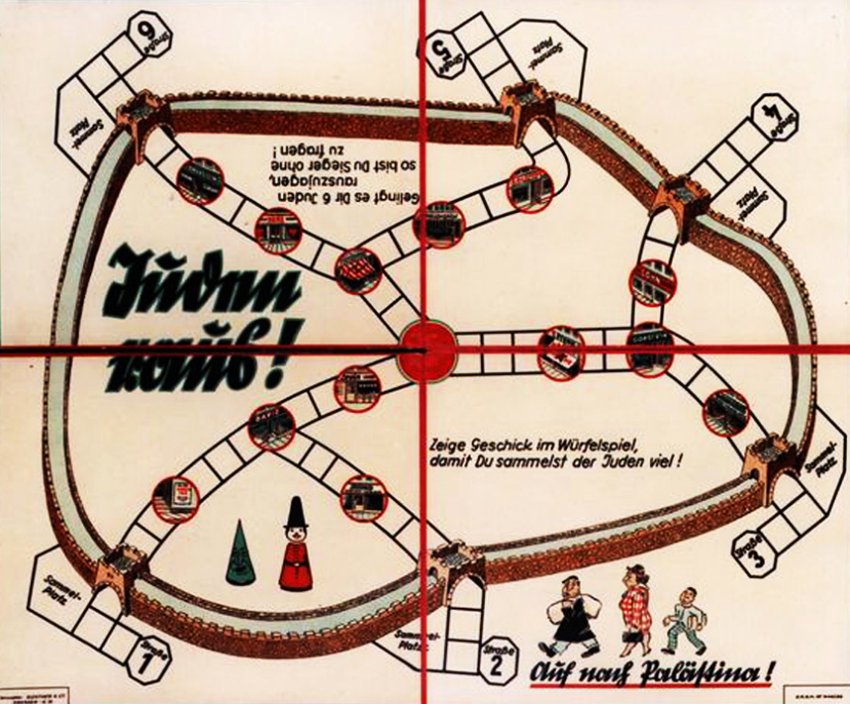
At a PROTOCOLS event in Jerusalem this past June, “Imagining Shared Futures,” sociologist and activist Yael Berda of Land For All made a compelling and provocative assertion: “We need to start thinking of ourselves as either for separation or against separation. And that opens up something different.” The political and artistic field overflows with competing positions and ideologies, and Berda suggested we reorganize this field in the context of Israel/Palestine: for separation and against separation. Centering the question of borders—state, national, religious, ethnic, and otherwise—creates a new conversation, disrupting our assumptions of who is a political ally and who a political opponent.
In the past few months since our last issue, borders have occupied a central role in international media and politics. Neoliberal globalization persists, and yet more and more walls seem to proliferate—along with their reactionary populisms and nationalisms. The stirring, collective demonstration that is Gaza’s Great March of Return challenges not only the Israeli government’s ghettoization of Gazans but also the Gazans’ displacement from their homes in 1948. As some Israelis celebrated their victory at the Eurovision contest—both a challenge and confirmation of the borders of “Europe”—some Gazans bypassed the highly militarized separation barrier with the flimsy yet effective gesture of flying kites. In the United States, the long and brutal history of family separation renewed as migrants fleeing violence in Central and South America faced the sinister and treacherous violence of Trump’s federal law enforcement while seeking asylum within the United States’ borders.
Beyond state boundaries, abiding questions of borders between genders, between the sacred and the profane, between identities/cultures, and between different Jews circulate abundantly. The New Left of the ‘60s would have us believe that all borders are essentially evil and transgression itself is virtuous. At the same time, such a position risks obliterating all difference while endorsing the breaking of boundaries on which much of our safety, identities, and cultures depend. And so, the work of dismantling violent borders and the violence of borders is both a delicate and urgent one.
Issue #3 launches on the new moon of the month of Elul (Virgo). R’ Schneur Zalman of Liadi, known as the Alter Rebbe of Lubavitch, explained that this preparatory month before Rosh Hashana witnesses a cosmic crossing of borders: “the King is in the field.” In other words, the boundaries separating the mundane and the most lofty are transgressed in order that the most intense and fiery of revelations are accessible to all.
Issue #3 mobilizes this space-time of Elul to explore the borders we face, the borders we live within, the borders we cross, and the borders we hope to abolish. Some of our contributors include Bethany Zaiman, whose essay “Of Birthright Transgressions” takes a self-critical look at her ambivalent decision to participate in and then walk off of a Birthright trip to Israel in late June; Shasha Dothan, whose “I Love Germany” video interrogates the desire to escape her identity as an Israeli occupier by fleeing to an idealized Germany, complicating normative distinctions between victim and perpetrator; Monica Uszerowicz, whose photo-essay “A Curvature of the Spine” explores the entangled borders of the body, the visible and imagined borders of family, and the earth’s natural borders; and Hannah Tzuberi, whose provocative essay “Plausible Conversions” examines the political implications of crossing into and out of Judaism in contemporary Europe. As we gathered all of these works and more, we also had to kill a piece for fear of the dangers that crossing the borders into our publication could pose to the contributors; even on the small scale of our online publication, borders were unavoidable.
We invite you to explore the video art, photography, personal and political essays, performance pieces, and more, of Issue #3: BORDERS and, with them, face the borders we cannot escape and confront the borders we must abolish.